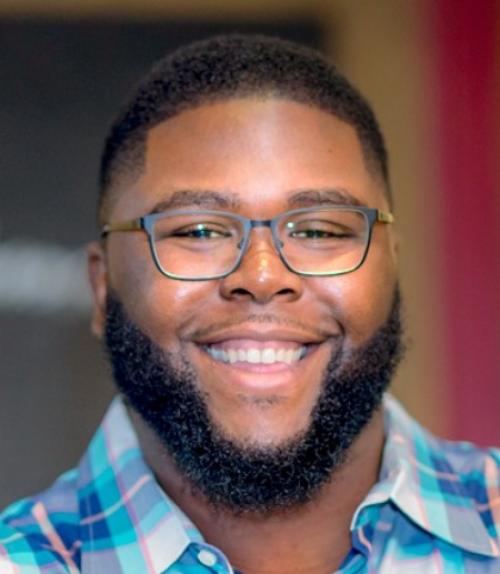Are elite institutions ready for an increasingly diverse student body? Anthony Jack, assistant professor of education at the Harvard Graduate School of Education, will address this question in a lecture Oct. 3 at 3:30 p.m. in the Biotechnology Building, Room G10.
Jack’s talk, open to all, is titled “The Privileged Poor: How Elite Colleges Are Failing Poor Students.” That is also the title of his first book, published in February. The findings in his book are based on in-depth interviews with 103 black, white and Latino undergraduates about their day-to-day experiences with peers, professors and administrators, and the policies that govern social life at an unnamed northeastern institution.
“When you diversify a campus,” Jack said, “you have to realize that not every student comes from the same background.”
Jack’s research contrasts the experiences of those he calls the “doubly disadvantaged” (lower income students who enter college from typically distressed public schools) with those of both the “privileged poor” (lower income students who attend private boarding, day and preparatory high schools) and their wealthier peers.
He found that the doubly disadvantaged believe academic performance alone is what they need to succeed in college. Oftentimes, they do not know the importance of reaching out and developing a rapport with faculty to obtain a recommendation, get involved in a research project and land an on-campus job or off-campus internship.
What’s more, some see doing anything more than mastering the classroom materials as inappropriate.
“We need to broaden the definition of what it means to ask for help,” Jack said. “We need support and guidance even when things are going well. Help-seeking is not an act of weakness, and not brown-nosing. No one does anything of notice, of merit, of significance on their own.”
Jack said that, in all likelihood, he would not be a junior fellow at the Harvard Society of Fellows had he not asked a mentor to nominate him. He wants universities to focus more on inclusion – making students feel like they are a full member of the community, accessing all of its rights and privileges.
In his view, universities also ought to recognize that faculty of color and female faculty members mentor students more frequently than do their white male counterparts, and should be rewarded for their service through promotion, internal grants and leave.
“If you are going to make diversity part of your mission,” he said, “you must take responsibility not for just admitting a diverse class but for educating a diverse class, which means acknowledging all the work that goes into getting students from convocation to commencement.”
His talk is sponsored by the Provost’s Office for Faculty Development and Diversity, the Office of the Vice Provost for Undergraduate Education, the Bronfenbrenner Center for Translational Research, the Cornell Center for Social Sciences, the Center for the Study of Inequality and the Graduate School Office of Inclusion and Student Engagement.
Lori Sonken is the communication manager with the Office of Faculty Development and Diversity.
This story originally appeared in the Cornell Chronicle.




